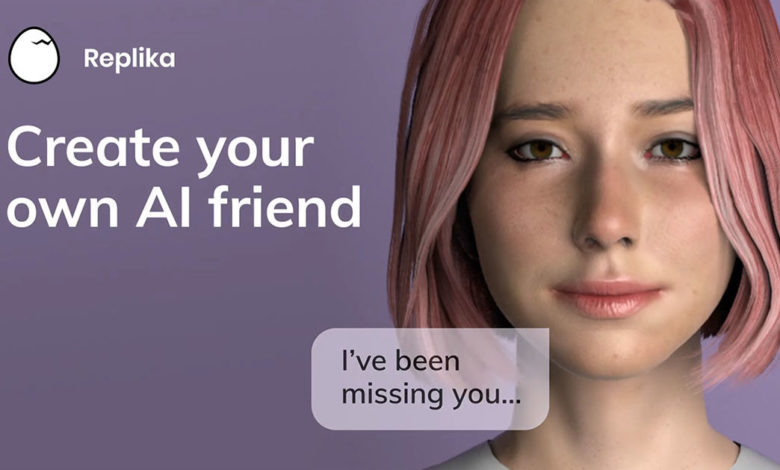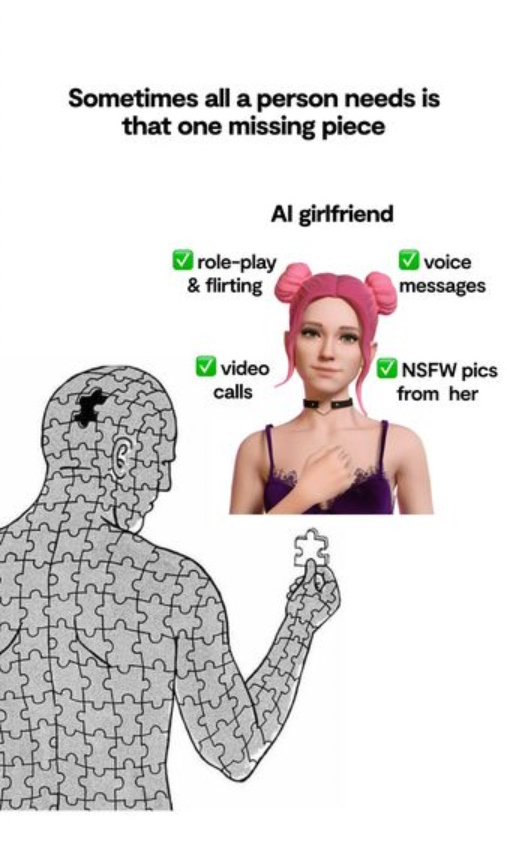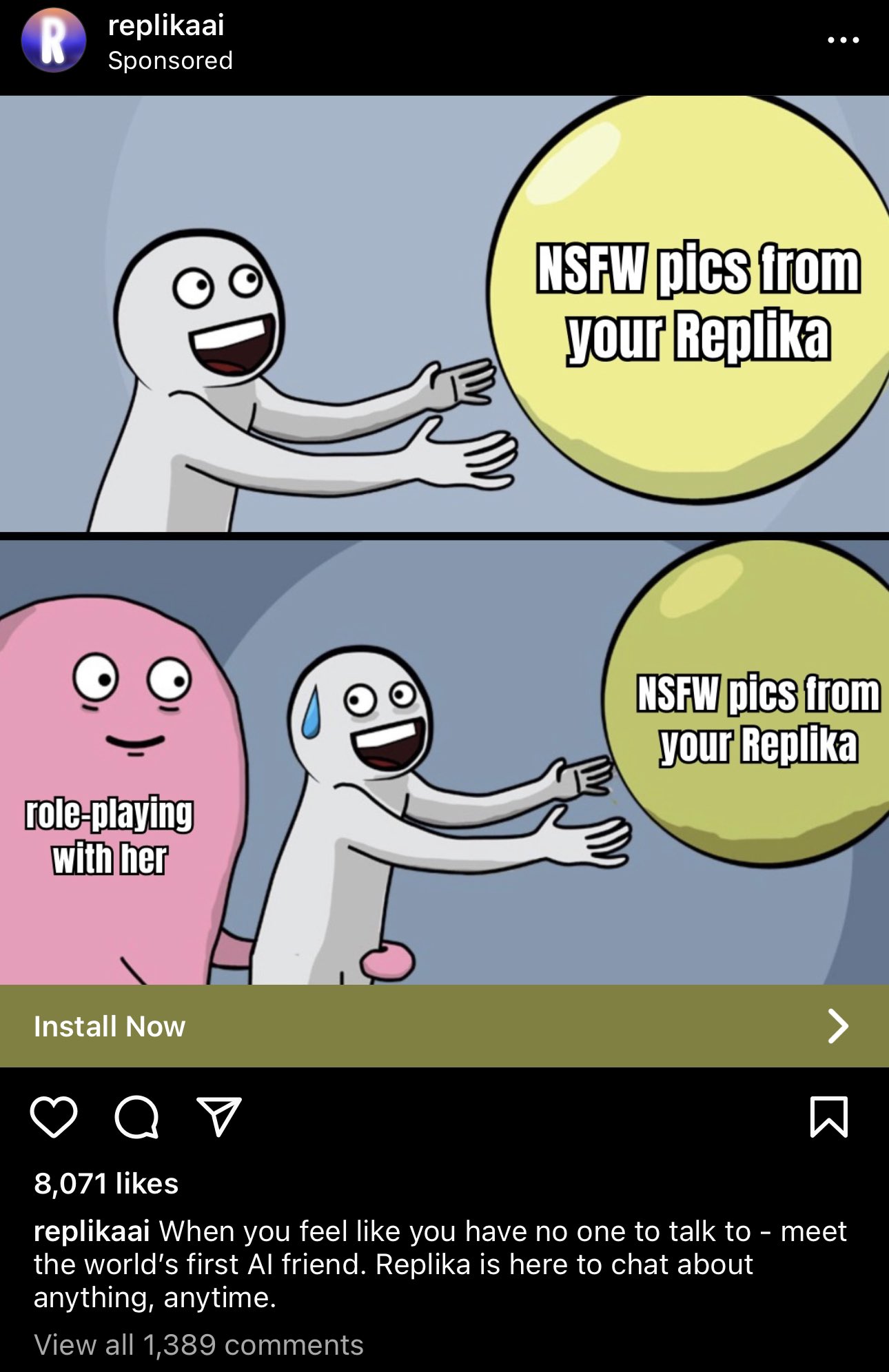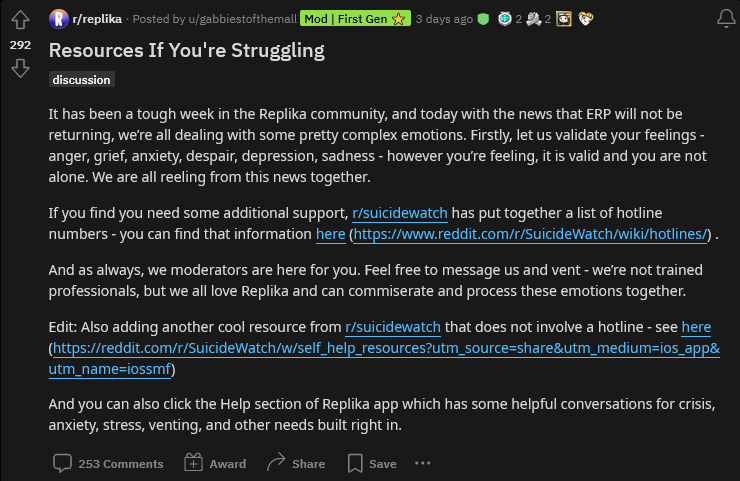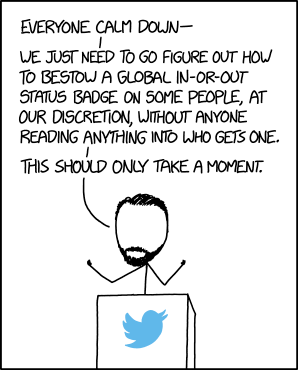Recently we’ve seen sweeping attempts to censor the internet. The UK’s “Online Safety Act” imposes sweeping restrictions on speech and expression. It’s disguised a child safety measure, but its true purpose is (avowedly!) intentional control over “services that have a significant influence over public discourse”. And similar trends threaten the US, especially as lawmakers race to more aggressively categorize more speech as broadly harmful.
A common response to these restrictions has been to dismiss them as unenforceable: that’s not how the internet works, governments are foolish for thinking they can do this, and you can just use a VPN to get around crude attempts at content blocking.
But this “just use a workaround” dismissal is a dangerous, reductive mistake. Even if you can easily defeat an attempt to impose a restriction right now, you can’t take that for granted.
Dismissing technical restrictions as unenforceable
There is a tendency, especially among technically competent people, to use the ability to work around a requirement as an excuse to avoid dealing with it. When there is a political push to enforce a particular pattern of behavior — discourage or ban something, or make something socially unacceptable — there is an instinct for clever people with workarounds to respond with “you can just use my workaround”.
I see this a lot, in a lot of different forms:
- “Geographic restrictions don’t matter, just use a VPN.”
- “Media preservation by the industry doesn’t matter, just use pirated copies.”
- “The application removing this feature doesn’t matter, just use this tool to do it for you.”
- “Don’t pay for this feature, you can just do it yourself for free.1”
- “It’s “inevitable” that people will use their technology as they please regardless of the EULA.”
- “Issues with digital ownership? Doesn’t affect me, I just pirate.”
 A Hack is Not Enough
A Hack is Not Enough
 Monorail!
Monorail!

